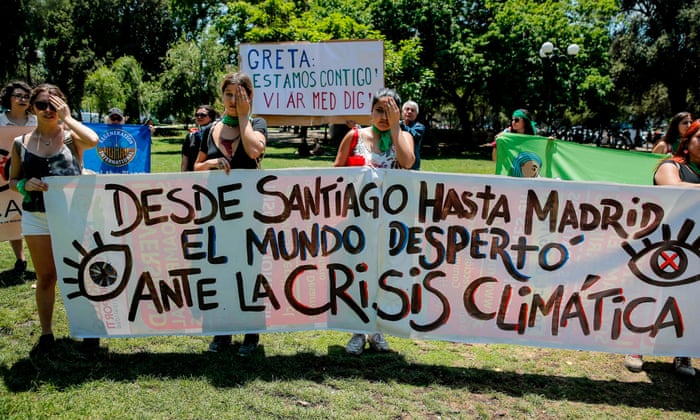A new United Nations report warns that countries around the world must cut greenhouse gas emissions by more than 7% a year and by 55% overall by 2030, far far more than the Trudeau or other governments have done, or face cata strophic consequences.
The Gorner Glacier in 1863, compared with the same location in August 2019, in Zermatt, Switzerland [Denis Balibouse Glaziologische/ Kommission der Akademie der Naturwissenschaften Schweiz/ETH Library Zurich/Reuters]
The world's countries have to cut their greenhouse gas emissions well beyond current pledges to make up for lost time - or face catastrophic climate changes, says a United Nations report released on Tuesday.
The annual Emissions Gap Report paints a grim picture of the rise in global warming, and points the finger at G20 countries, especially China and the United States, the two top greenhouse gas emitters, along with Russia and the European Union, which are doing too little to tackle the climate crisis. ...
"Emissions need to go down by 55 percent by 2030," said the report's colead author, John Christensen. "There is no way we are going to make it if we don't step up action as of next year with ambitious plans."
G20 countries are collectively responsible for 78 percent of all emissions, but they are not doing enough to contain global warming within the 1.5-2 degrees Celsius temperature goals established by the Paris Agreement in 2016. ....
Tuesday's report, compiled by some of the world's leading scientists, says that even if all commitments made in Paris were to be implemented, temperatures would likely rise - because of previous inaction - up to 3.2C this century, bringing destructive climate change. This means countries are now obliged to increase their joint commitments by more than fivefold, or the 1.5C goal will be out of reach before 2030.
"Our collective failure to act early and hard on climate change means we now must deliver deep cuts to emissions, over 7 percent each year," said Inger Andersen, the UN Environment Program's executive director.
"We need quick wins to reduce emissions as much as possible in 2020. Then we need stronger Nationally Determined Contributions (NDC) to kick start the major transformations of economies and societies." ...
Limiting warming to 1.5C is possible, says the report, but doing so requires radical changes in our economic systems as well as in our social habits. The solutions proposed by the report depict a new world that would have to be transformed within just one generation for a reversal of the climate crisis. ...
Electricity should become the main energy source by 2050, with renewables making up at least 85 percent of global consumption. Coal production should be phased out; transport and industry should be decarbonised; energy efficiency should be improved.
This transition process would cost between $1.6-3.8 trillion a year globally between the years 2020 and 2050.
Developing economic and social policies that encourage materials efficiency, low waste and consumption, reuse and recycling should become a top priority, along with preserving the existing forests and planting new ones. "Solutions are available to make meeting the Paris goals possible, but they are not being deployed fast enough or at a sufficiently large scale," said the report. ...
The rise of just half a degree in global temperatures means the disappearance of entire ecosystems upon which the survival of half a billion people on the planet depends. A rise of 1.5C puts one million of the world's 7.6 million species at risk of extinction, and will kill off 75 percent of the world's coral reefs. A rise of 2C will kill all the world's coral, cause massive habitats and many insects to disappear, along with shorter rainy seasons, impacting harvests. ...
China, the world's top greenhouse gas emitter, said it would pursue a path of low-carbon development and announced a partnership that could potentially unlock up to 12 billion tonnes of global emissions reductions. India, the fourth-largest emitter, pledged to increase renewable energy capacity by 2022.
The EU, the most attentive to climate change despite its ranking third among the top emitters, said at least 25 percent of the next EU budget would be devoted to climate-related activities. The Russian Federation, the fifth-largest emitter, announced that it would ratify the Paris Agreement, bringing the total number of countries that have joined to 187.
https://www.aljazeera.com/news/2019/11/step-climate-action-face-catastro...

![Step up climate action or face catastrophe, says UN report The Gorner Glacier in 1863, compared with the same location in August 2019, in Zermatt, Switzerland [Denis Balibouse Glaziologische/ Kommission der Akademie der Naturwissenschaften Schweiz/ETH Library Zurich/Reuters]](https://www.aljazeera.com/mritems/imagecache/mbdxxlarge/mritems/Images/2019/11/26/8fed2675ee204380824000ea557b79a5_18.jpg)




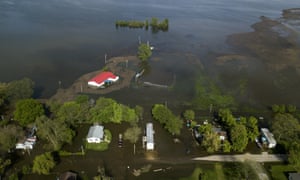





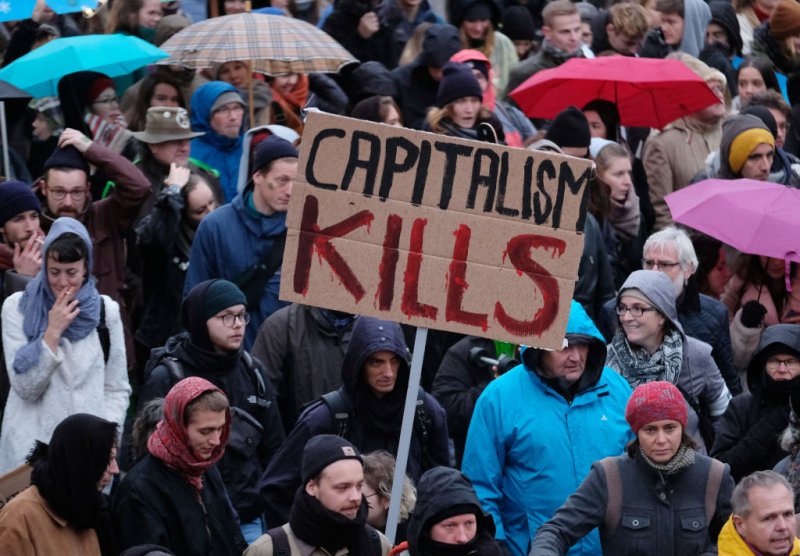


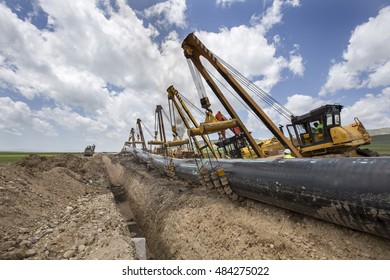
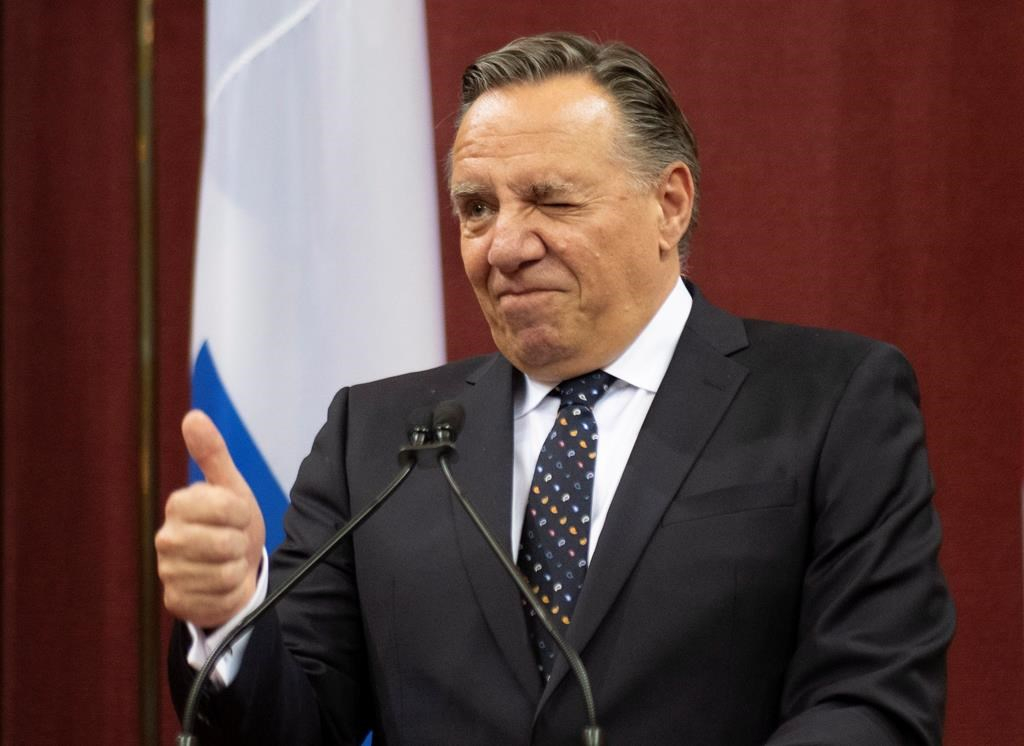



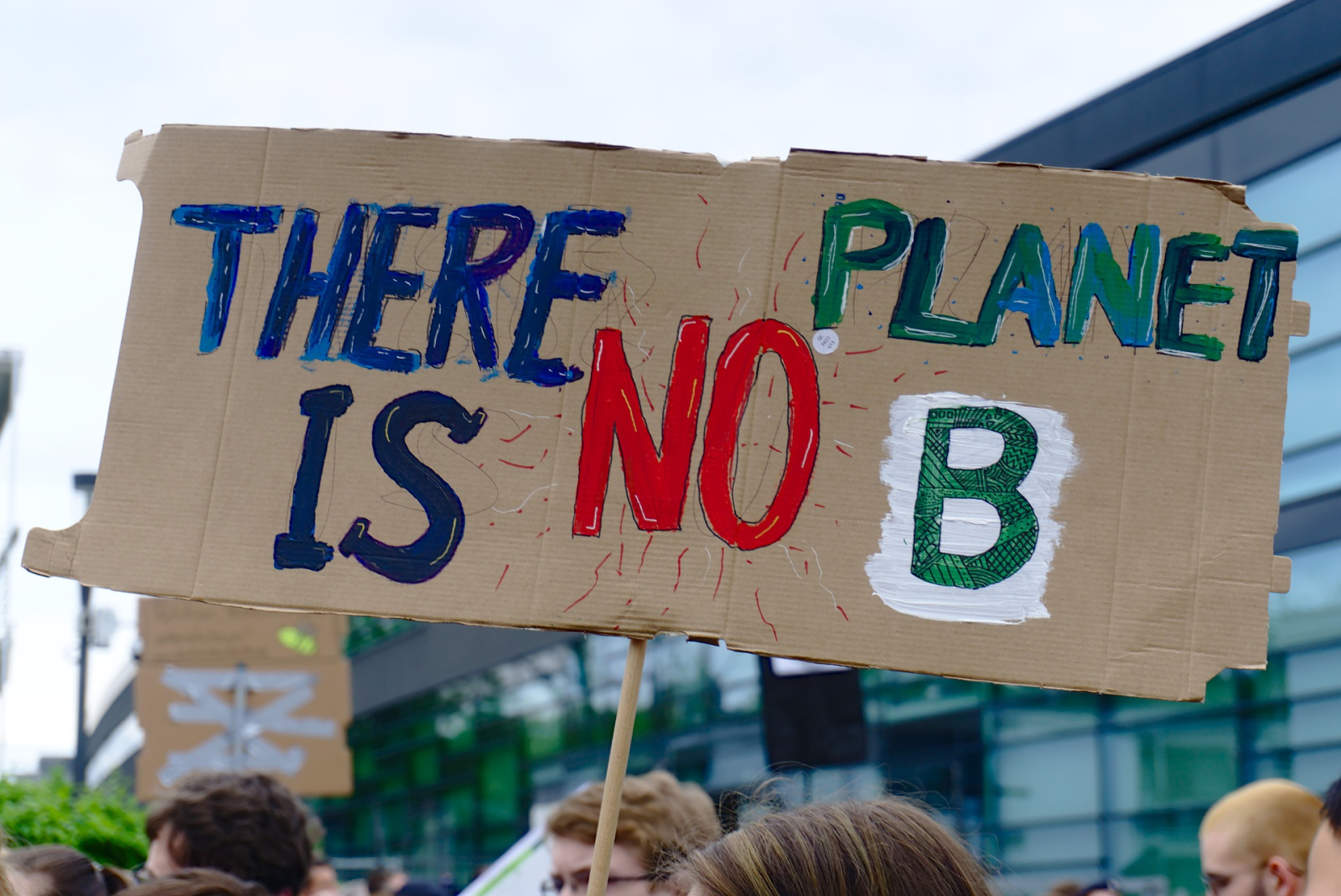



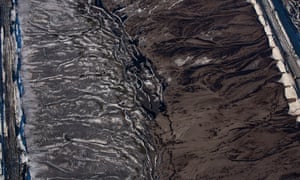

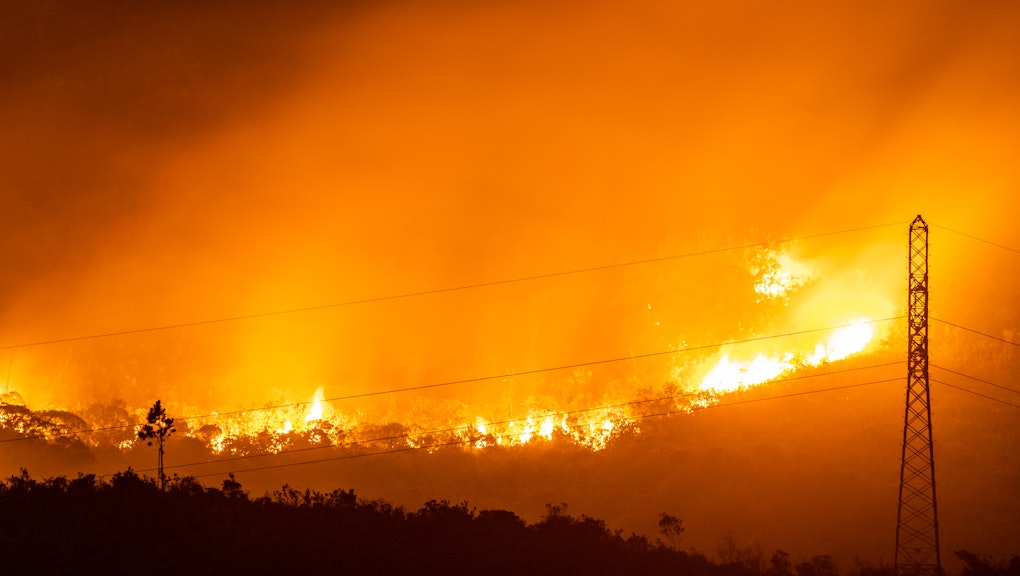
/https://www.thestar.com/content/dam/thestar/news/queenspark/2014/12/09/publicprivate_financing_cost_ontario_taxpayers_8_billion_auditor_says/bonnie_lysyk.jpg)
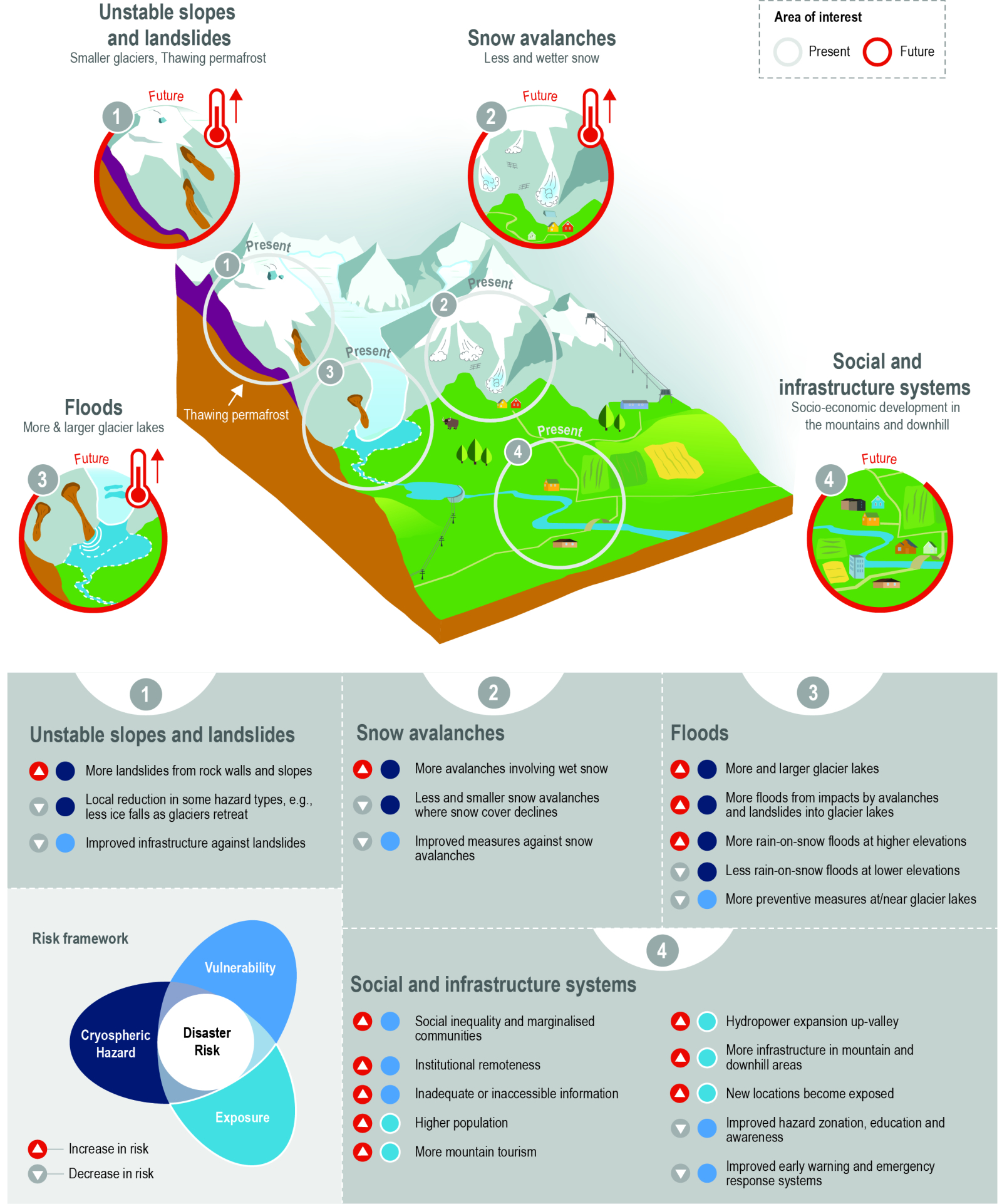





 Syncrude's Mildred Lake facility north of Fort McMurray, Alta., on Thursday, September 13, 2018. (Codie McLachlan/Star Metro Edmonton)
Syncrude's Mildred Lake facility north of Fort McMurray, Alta., on Thursday, September 13, 2018. (Codie McLachlan/Star Metro Edmonton)

